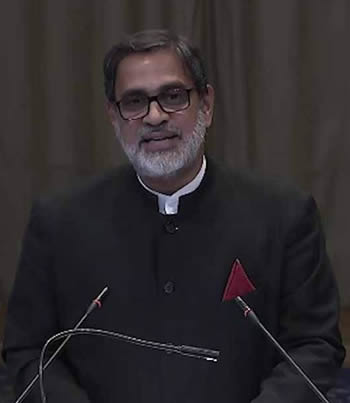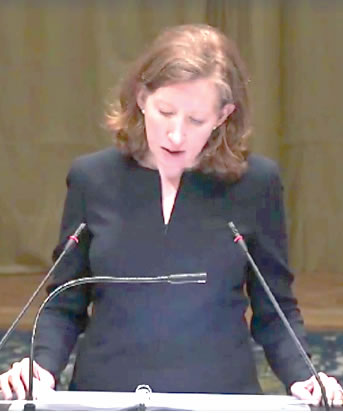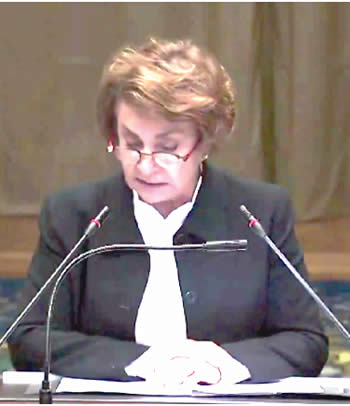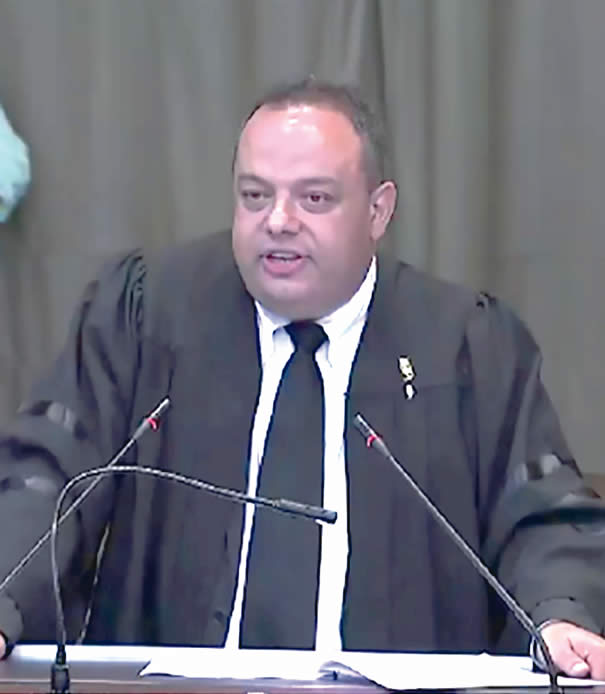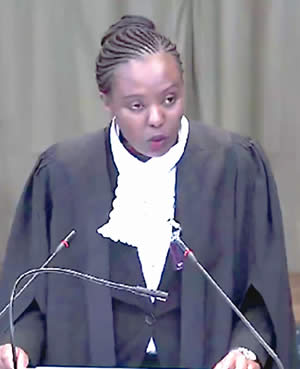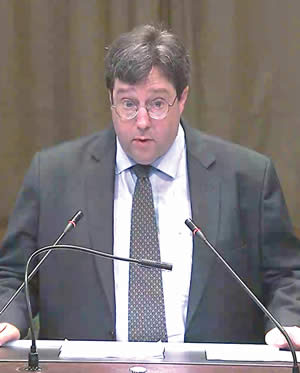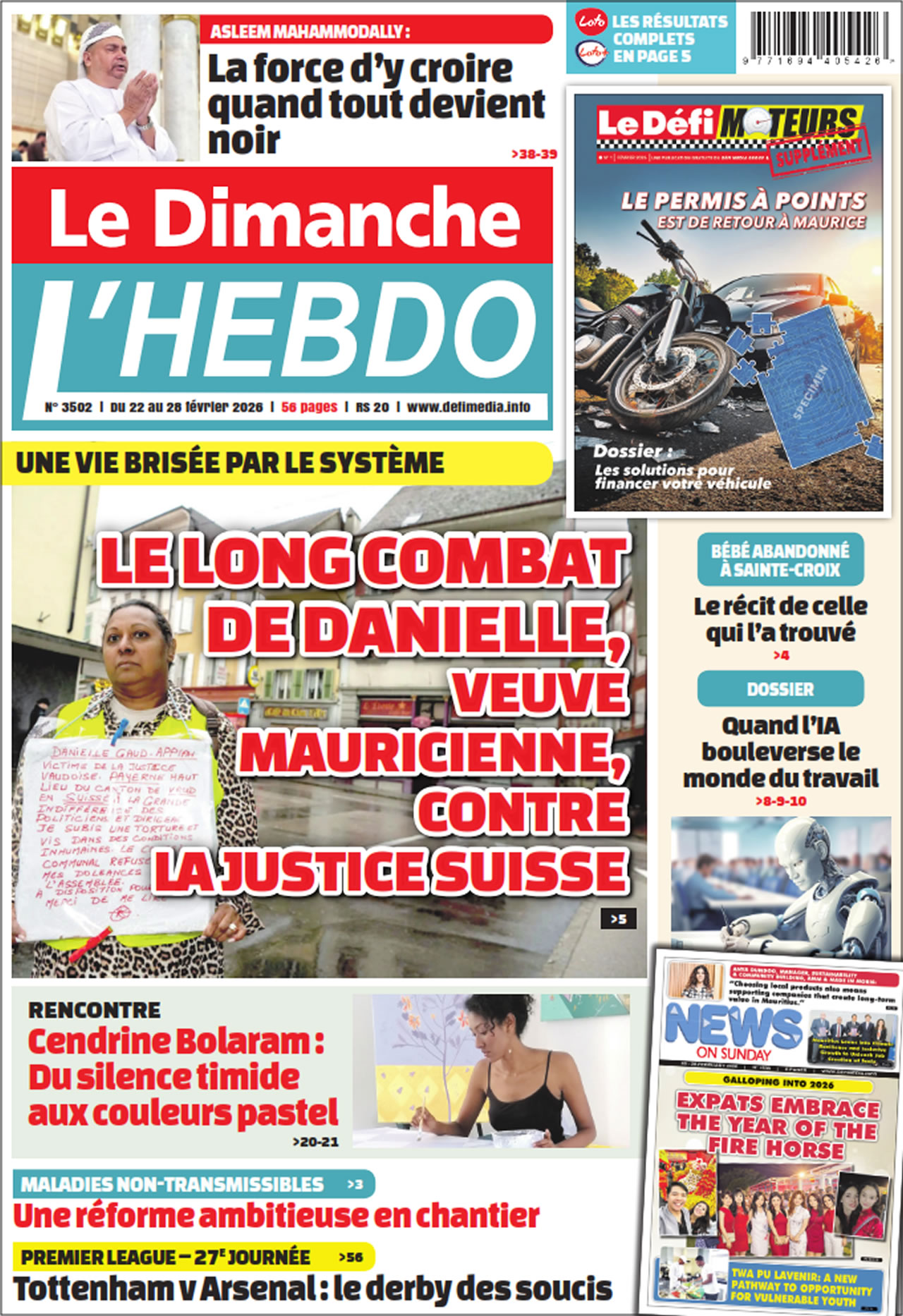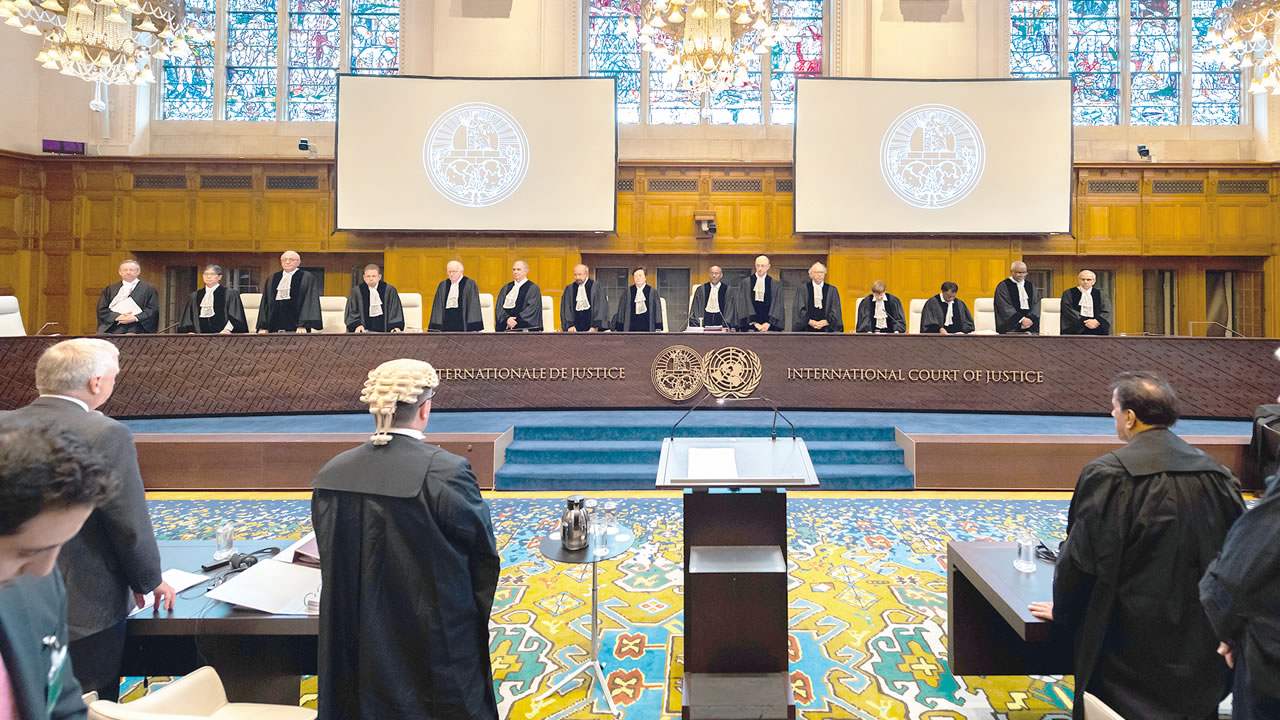
The International Court of Justice (ICJ), the principal judicial organ of the United Nations started its public hearing on the request for advisory opinion in respect of the Legal Consequences of the Separation of the Chagos Archipelago from Mauritius in 1965 from Monday 3rd September to Thursday 6th September 2018, at the Peace Palace in The Hague, seat of the Court.
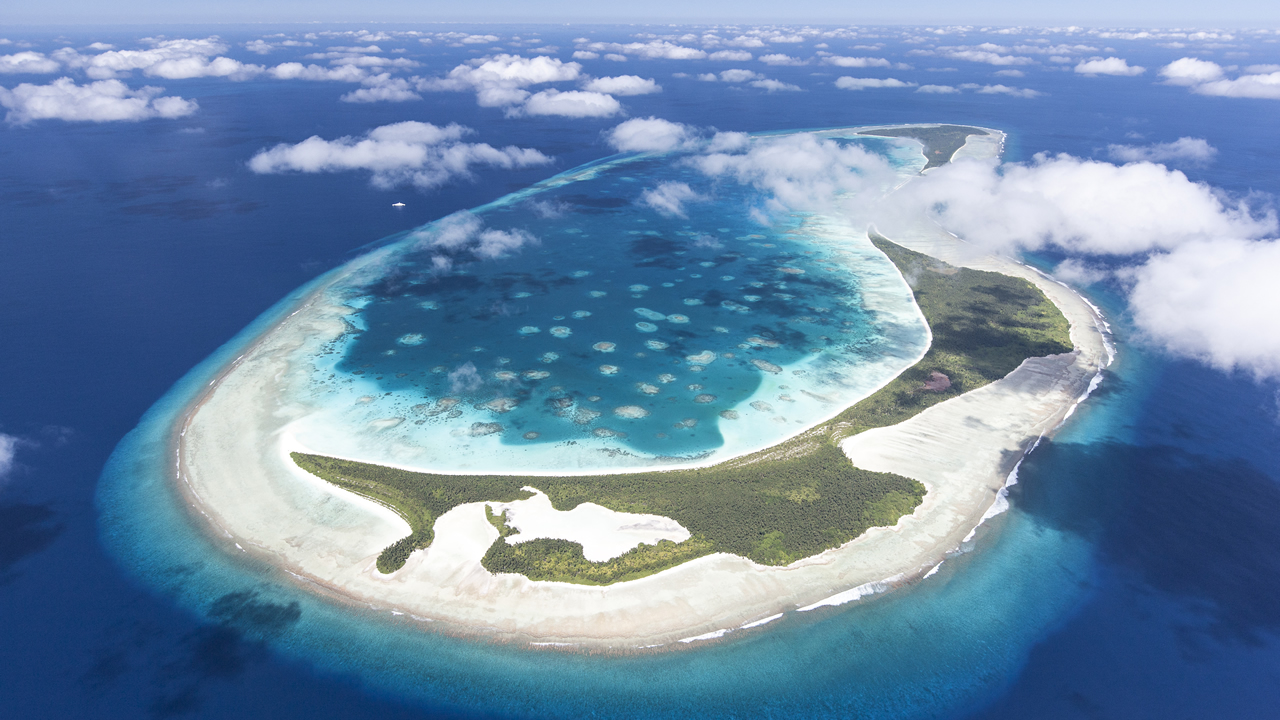
Twenty-two States and the African Union are participating in the oral proceedings before the Court. These States are: Argentina, Australia, Belize, Botswana, Brazil, Cyprus, Germany, Guatemala, India, Israel, Kenya, the Marshall Islands, Mauritius, Nicaragua, Nigeria, Serbia, South Africa, Thailand, the United Kingdom of Great Britain and Northern Ireland, the United States of America, Vanuatu and Zambia.
Until now, US, Australia and Israel are supporting UK in this endeavor whereas seventeen other nations support Mauritius’ claim of sovereignty: Belize, Botswana, Brazil, Cyprus, Germany, Guatemala, India, Kenya, the Marshall Islands, Mauritius, Nicaragua, Nigeria, Serbia, South Africa, Thailand, Vanuatu and Zambia. The African Union will also be making representations in support of Mauritius.
UK apologizes for shameful eviction
Britain has apologised for the “shameful” way it evicted islanders from the Chagos archipelago in the Indian Ocean, but insisted Mauritius was wrong to bring a dispute over sovereignty of the strategic atoll group to the United Nations’ top court. UK solicitor general Robert Buckland told the court it should decline to issue any opinion on the matter, which he argued was better suited to bilateral negotiations. “The Chagos Islands were administered as a Dependency of Mauritius for reasons of administrative convenience; they were not considered an integral part of Mauritius; from which they are very distant.”
He denied that the 1965 agreement was made under duress. In 1982, Mauritius and the UK signed a treaty that reached “full and final settlement” of Mauritian claims to the archipelago, he added. That deal has since been recognised by the European Court of Human Rights. The UK has recently invested £40m in resettlement programmes to help Chagossians living elsewhere, Buckland said.
Dr. Philippa Webb, on her part, stated that territorial integrity is a fundamental principle of international law, but it does not operate in the way that Mauritius claims.
Sir Anerood Jugnauth : “UK had illegally excised the Chagos Archipelago from the territory of Mauritius”
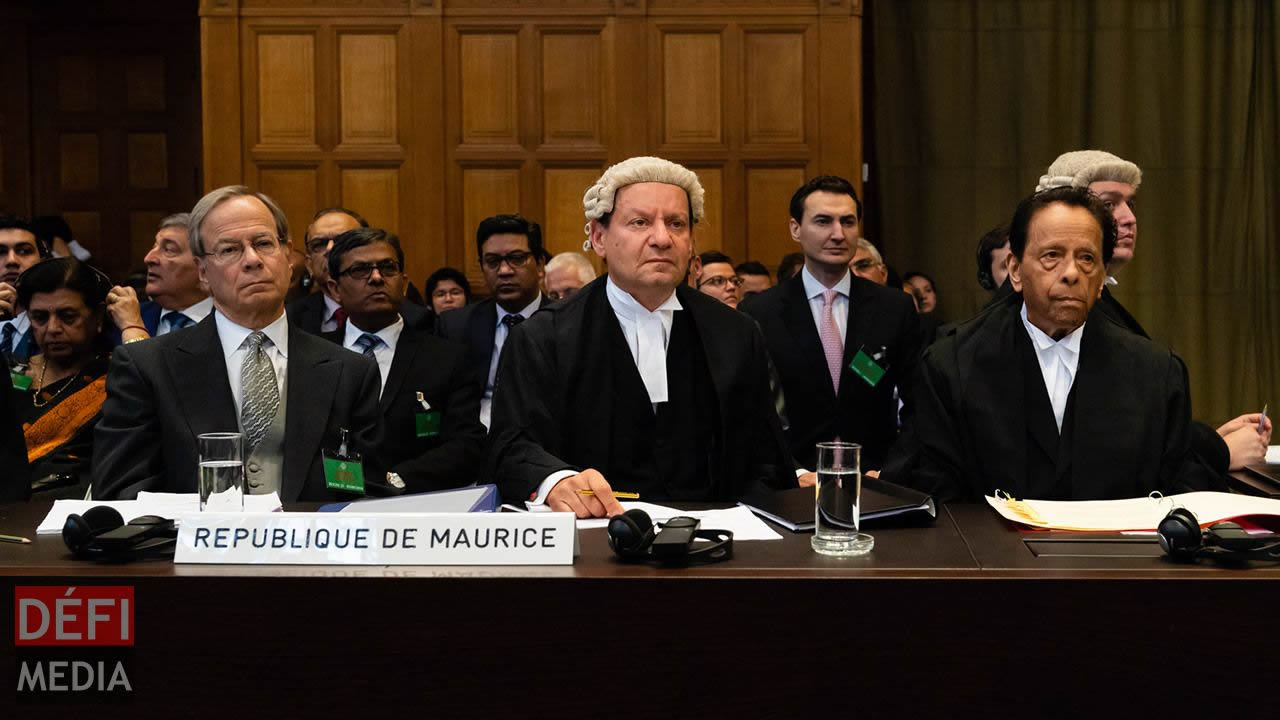
Sir Anerood Jugnauth Minister Mentor, Minister of Defence, Minister for Rodrigues, opened the oral hearings before the International Court of Justice on Monday in The Hague, Netherlands, on the request for an Advisory Opinion on the legal consequences of the separation of the Chagos Archipelago from Mauritius in 1965.
In his opening statement, the Minister Mentor underlined that Mauritius is a peaceful and stable democratic State, which has maintained excellent relations with all States concerned with the questions referred to the Court. However, he recalled participating in the 1965 Constitutional Conference at the Lancaster House England during which the British Government threatened Mauritian representatives that they would not be granted independence unless they agreed to the dismemberment of Mauritius.
He underscored that during the conference, several small private meetings on defence matters were organised by the Colonial Secretary in London to which only five representatives were invited, including Sir Seewoosagur Ramgoolam.
He added that the then British Prime Minister Harold Wilson met the latter in private to persuade him for the separation of the Chagos Archipelago from Mauritius. The object of the meeting was “to frighten him with hope: hope that he might get independence: Fright lest he might not unless he is sensible about the detachment of the Chagos Archipelago,” emphasised the Minister Mentor.
Moreover, the Minister Mentor underpinned that the officials of the colonial power devised a strategy by which Mauritian representatives were given no opportunity to retain the Chagos Archipelago. “It was independence on condition of agreement to detachment or no independence with the detachment any way,” he pointed out.
Sir Anerood Jugnauth stated that the United Kingdom had illegally excised the Chagos Archipelago from the territory of Mauritius prior to its accession to independence due to which Chagossians were forcibly evicted from their home in total disregard of their basic human rights. Government, he emphasised, fully supports the right of return of Chagossians to their native place and reaffirms its determination to complete the decolonisation process.
The Minister Mentor reiterated that the request for an advisory opinion is not intended to question the presence of the military base on Diego Garcia in any way as Mauritius is also committed to the protection of the environment and has been a responsible guardian of other areas of great environmental significance within its territory.
India supports Mauritius claim on Chagos
On the public hearing on Wednesday, India supported Mauritius. Presenting the position of India before the ICJ, at the request of the United Nations General Assembly, on “The Legal Consequences of the Separation of the Chagos Archipelago from Mauritius in 1965,” India’s Ambassador Venu Rajamony said the historical survey indicates that the Chagos Archipelago throughout the pre- and post-colonial era has been a part of the Mauritian territory. India told the ICJ that historical facts and related legal positions confirm that sovereignty of the Chagos Archipelago has been and continues to be with Mauritius.
US says the court can decline to provide an opinion
“This places the court in an untenable position,” said Jennifer Newstead, a State Department legal advisor on Wednesday, because it has been asked to rule in a sovereignty dispute when it was only meant to give a legal opinion.
According to the legal advisor, the “the court has a duty to decline to provide the opinion.” She further added that “Mauritius has sought to challenge the validity and effect of that agreement here, as it tried to do in the Law of the Sea arbitration. But this is precisely the type of challenge that is unsuitable for resolution in advisory proceedings. The United States respectfully submits that the Court should exercise its discretion to decline to answer the questions referred, lest it be drawn into a bilateral dispute over sovereignty in the guise of an advisory proceeding.”
Guatemala blames UK for a wrongful act
Mr. Ortega Lemus representing Guatemala stated that the Court possesses enough wisdom to avoid overstepping its advisory function, but also enough courage to respond to the General Assembly’s call for legal guidance despite the background at hand. “Guatemala trusts that this Court will deliver the answers the General Assembly seeks, with clarity and completeness.”
Ambassador Ruiz Sánchez De Vielman, on her part, argues that the Court should find the decolonization of Mauritius has not been lawfully completed in 1968 due to the excision of the Chagos Archipelago and its continued administration by the United Kingdom. “The Court should find that the continued administration of the Chagos Archipelago by the United Kingdom constitutes a continued wrongful act and that it ought to end by means of immediate restitution of the Chagos Archipelago to Mauritius, restoring its territorial integrity.”
Israel declares that advisory proceedings should not be used
Legal Adviser of the Ministry of Foreign Affairs of the State of Israel, Tal Becker highlighted that the Court should decline to give the advisory opinion requested as advisory proceedings should not be used as a pretext for bringing purely bilateral disputes before the Court, including bilateral disputes relating to territorial sovereignty.
Kenya pleads for facilitating immediate return of Chagos to Mauritius
Lawrence Lenayapa, spokesperson for the Republic of Kenya, affirmed that the Republic of Kenya has always fully supported the full decolonization of States in the United Nations General Assembly. “The Republic of Kenya resubmits that the decolonization of Mauritius was not lawfully completed when Mauritius was granted independence in 1968 and it is recommended that the process of decolonization should therefore be pursued to its logical completion.”
She concluded that there is need to facilitate the immediate return of the Chagos Archipelago to Mauritius to enable Mauritius to implement a programme for the resettlement on the Chagos Archipelago of its nationals, in particular those of Chagossian origin.
Republic of the Marshall Islands conclude that process of decolonization not lawfully completed
Caleb Christopher, speaking on behalf of Republic of Marshall Islands, believes the Court has unarguable competence to respond to the Request of the General Assembly on a matter of decolonization, and that it is appropriate to do so regarding the consequences for international law. The Court should conclude that the process of decolonization was not lawfully completed.
Brazil talks on violation of international human rights law
Ms Cordeiro Dunlop, talking on the behalf of Brazil, stated that the Court has and should exercise advisory jurisdiction. “The exercise of self-determination by the Mauritian people was prevented from being completed, since a portion of their territory remained under control of the administering Power. The decolonization of Mauritius could not therefore be completed when independence was granted in 1968 and finally the forcible removal of the population of the Chagos Archipelago constitutes a violation of international human rights law.”
 J'aime
J'aime








